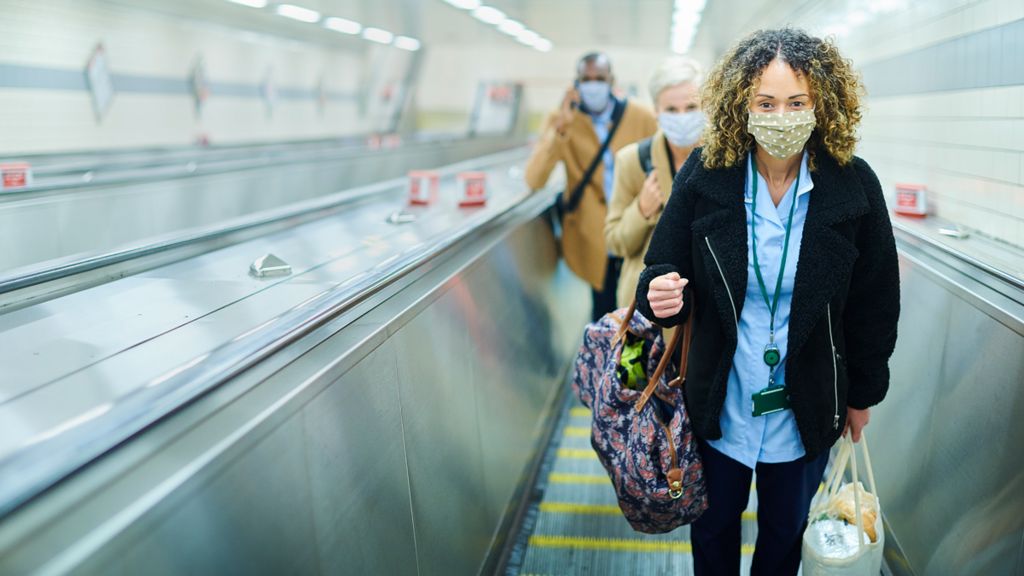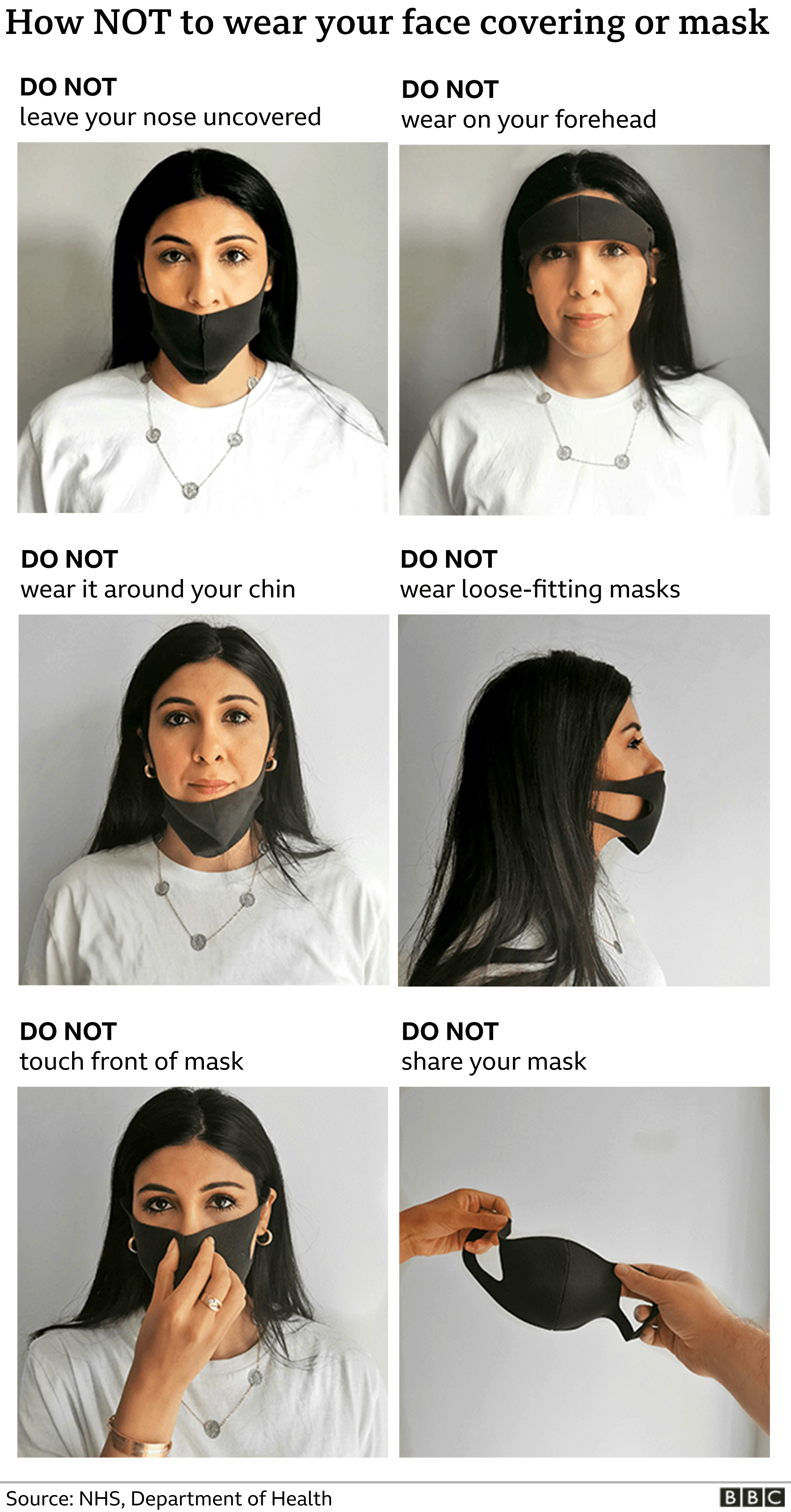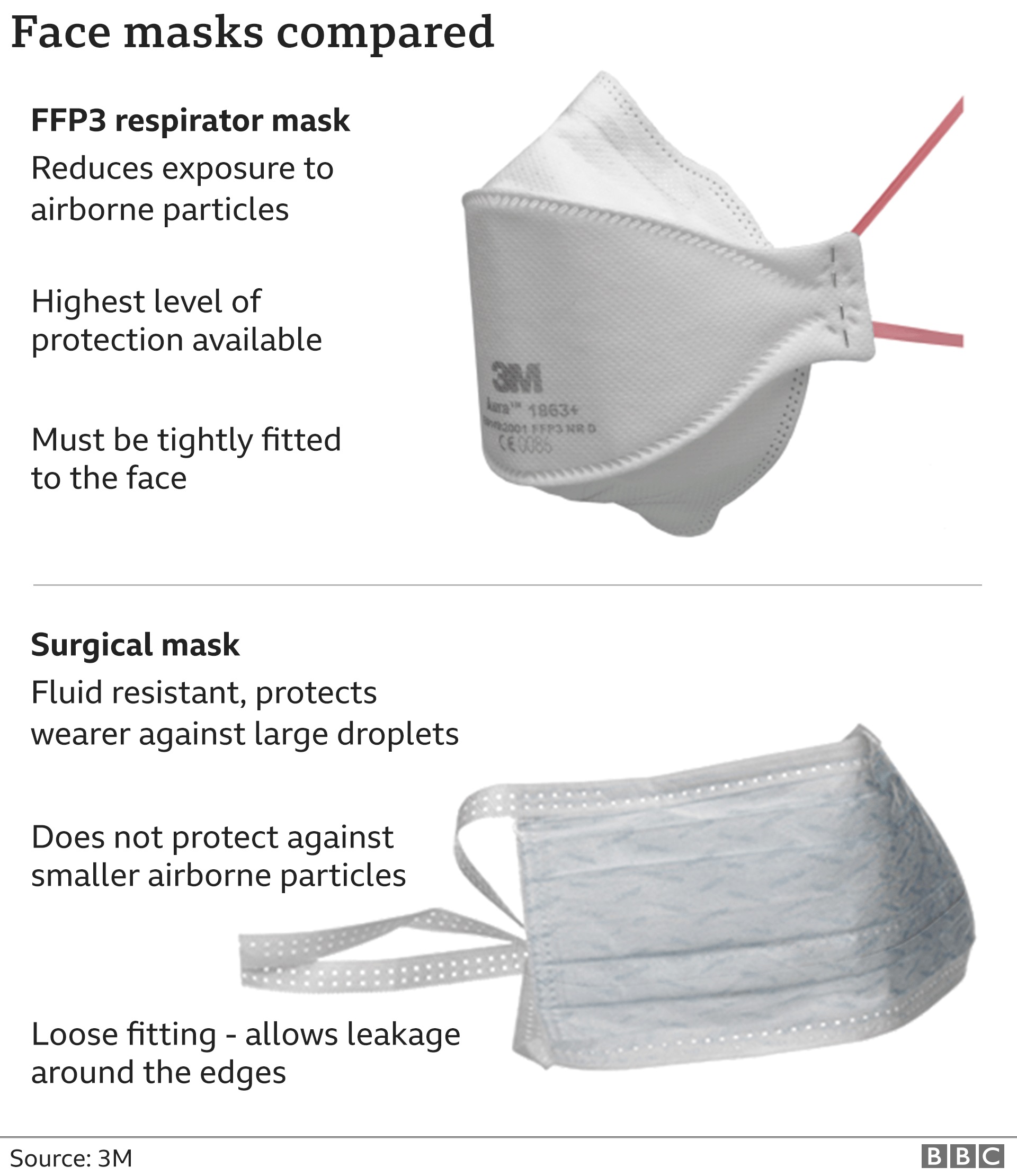Cabinet Minister Robert Jenrick has hinted that all rules on mandatory mask-wearing could end in England on 19 July.
What are the reviews into face masks?
Reviews are assessing how and when a range of Covid measures might be lifted, including the need for face coverings.
The Social Distancing Review is one of four different UK Government studies into how Covid-19 should be handled from “summer onwards”.
Mask-use will also be considered by the other three reviews looking at:
- the introduction of so-called vaccine passports
- public event safety (also considering number limits at weddings and other life events)
- non-essential international travel
The Westminster government is working with counterparts in Scotland, Wales and Northern Ireland on a UK-wide approach.
When will we know the findings?
Each review will inform ministers deciding when England’s final stage of lifting lockdown can happen.
It had been hoped remaining restrictions could be removed on 21 June, but they will remain in place until in England at least 19 July because of the Delta variant.
Are face-covering rules likely to remain?
Ministers have hinted that face-covering rules could be lifted along with other restrictions on 19 July. Whether to wear a face-covering would become our “personal responsibility”.
Communities Secretary Robert Jenrick has said “it does look as if the data is in the right place”.
The Scottish government has said there would be an “ongoing need” for masks.
Some people may opt to wear them, even if they are not compulsory.
But Chancellor Rishi Sunak and Environment Secretary George Eustice have both said they plan to stop wearing face coverings as soon as rules are relaxed.

Why should I wear a face covering?
Face coverings worn over the nose and mouth reduce the spread of coronavirus droplets from coughs, sneezes and speaking.
The main purpose is to protect others from Covid, rather than yourself. If everyone wears one, the risks drop for all.
Masks can help to reduce virus spread from people who may be contagious but have no symptoms.
There is some evidence they offer protection to wearers, but are not a replacement for social distancing and hand-washing.
Cutting virus transmission is important because many people are still not yet fully vaccinated.
Also, some new virus variants appear more transmissible than earlier Covid strains.


What sort of face covering is best?
Make sure it:
- has a nose wire
- has at least two/three layers of material
- fits snugly over mouth, nose and chin (tie knots in the ear loops of surgical masks if necessary)
The highest level of protection is provided by FFP3 (or similar) masks worn by healthcare workers in high risk settings.
Trained staff need to fit them correctly. They are worn in conjunction with other personal protective equipment (gloves, aprons, eye protection).
A recent study by Cambridge University Hospitals NHS Foundation Trust found FFP3 masks provided up to 100% protection against Covid.

Staff wearing standard issue surgical masks, as recommended in official guidance for most situations, were much more likely to catch the virus.
Members of the public can buy FFP3 masks, but they won’t provide the highest protection unless fitted correctly.
Where do I need to wear a face covering?
You could be fined if you refuse to wear one in many public places in England, including public transport and shops.
Scotland, Wales and Northern Ireland have similar rules.
- In England, secondary school pupils no longer have to wear face coverings, although schools may insist they do
- In Scotland, high school staff and pupils should wear face coverings in classrooms, communal areas and corridors
- In Wales, face coverings are recommended in secondary schools when social distancing is unlikely to be maintained
- In Northern Ireland, face coverings must be worn in post-primary schools and on public and school transport
Police can issue £200 fines England and Northern Ireland, or £60 in Scotland and Wales.





